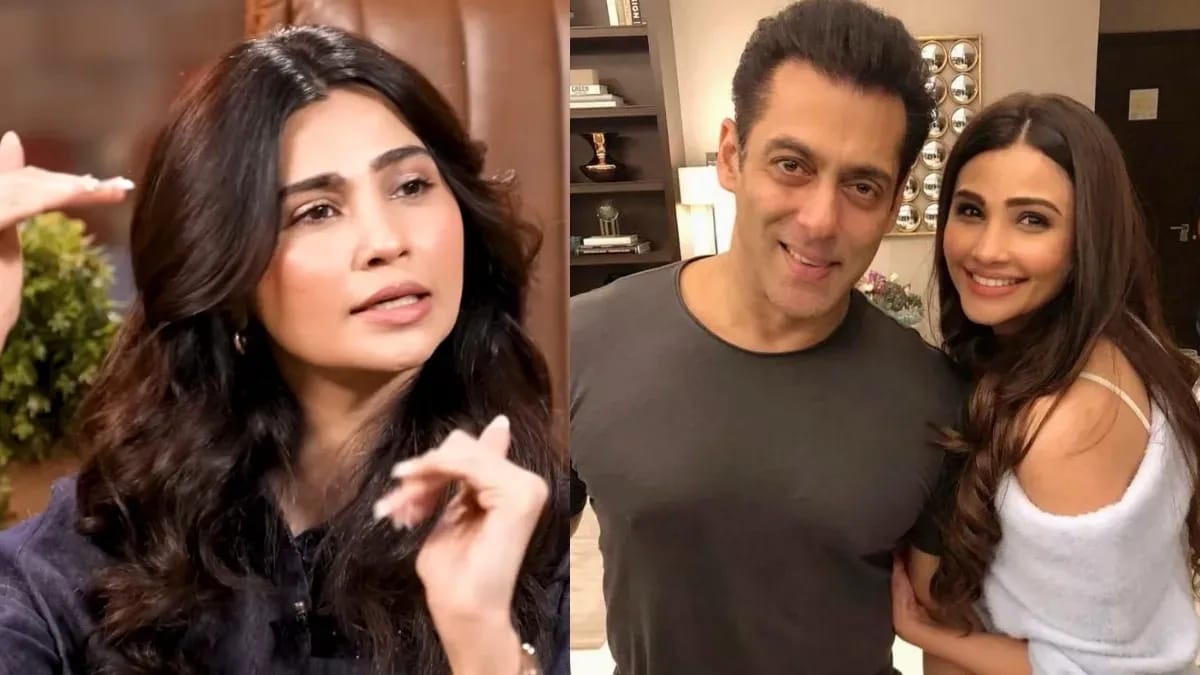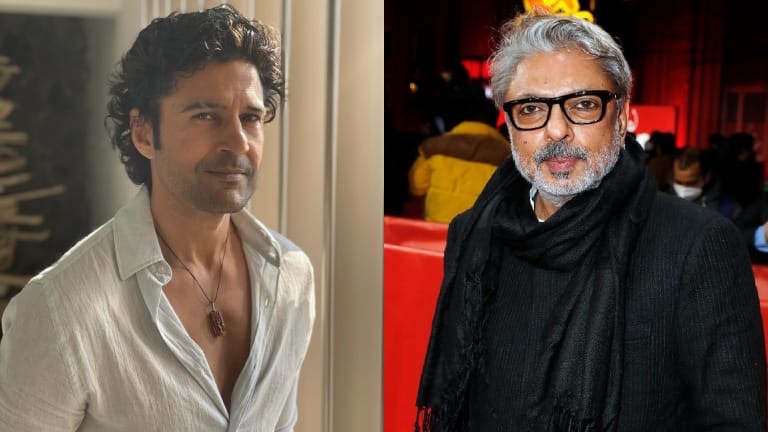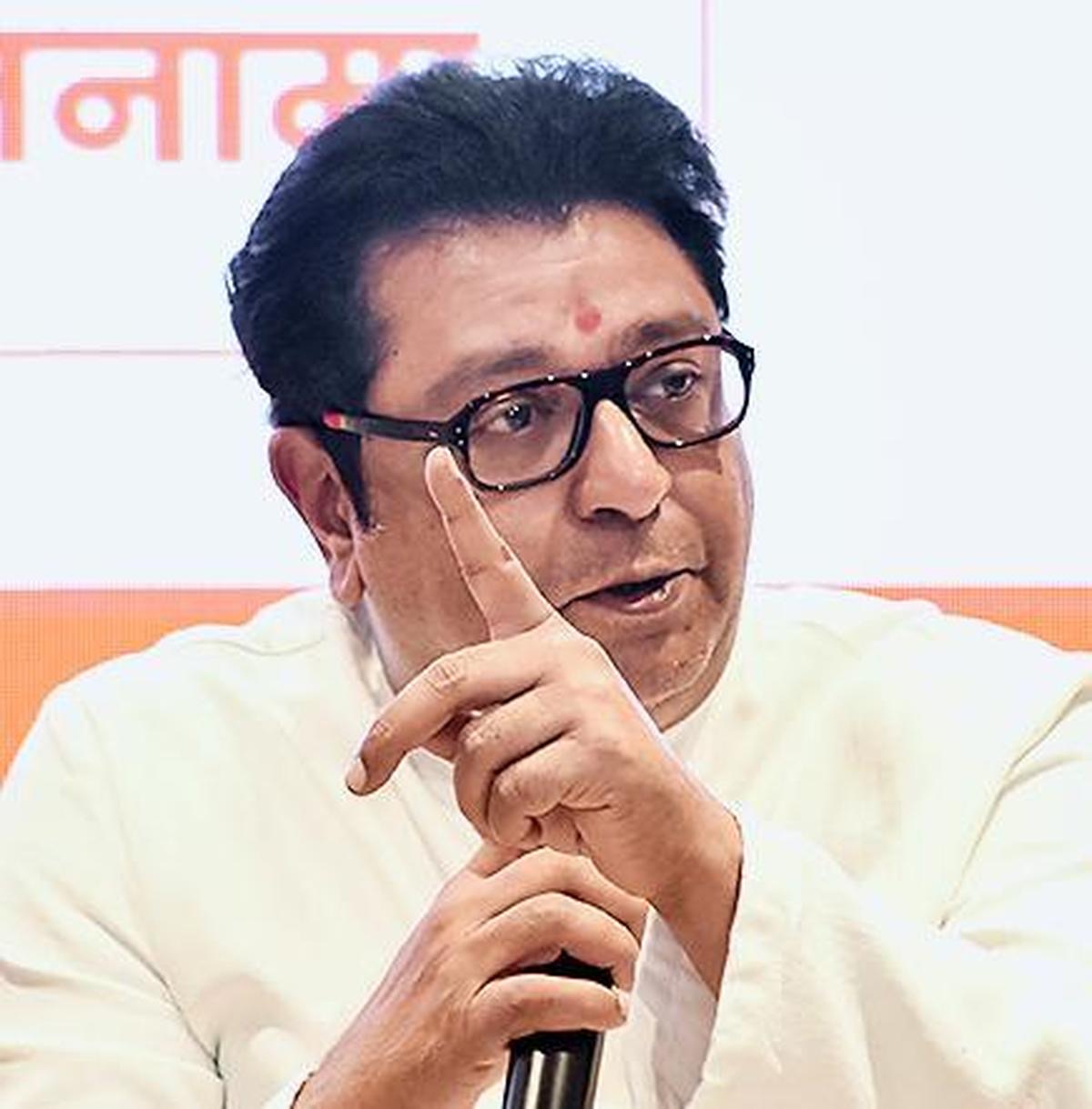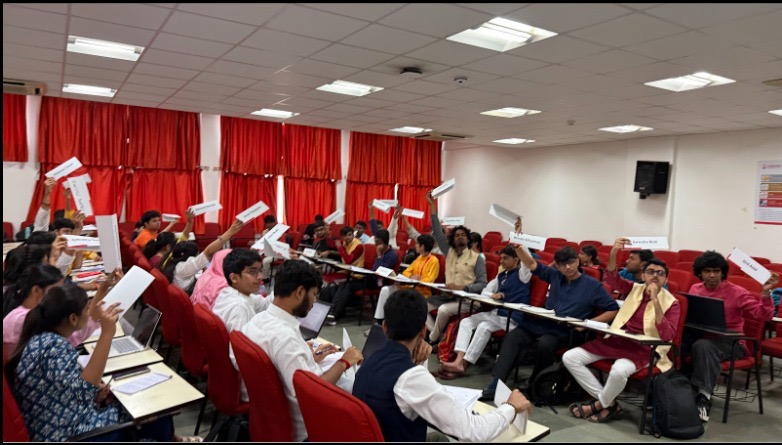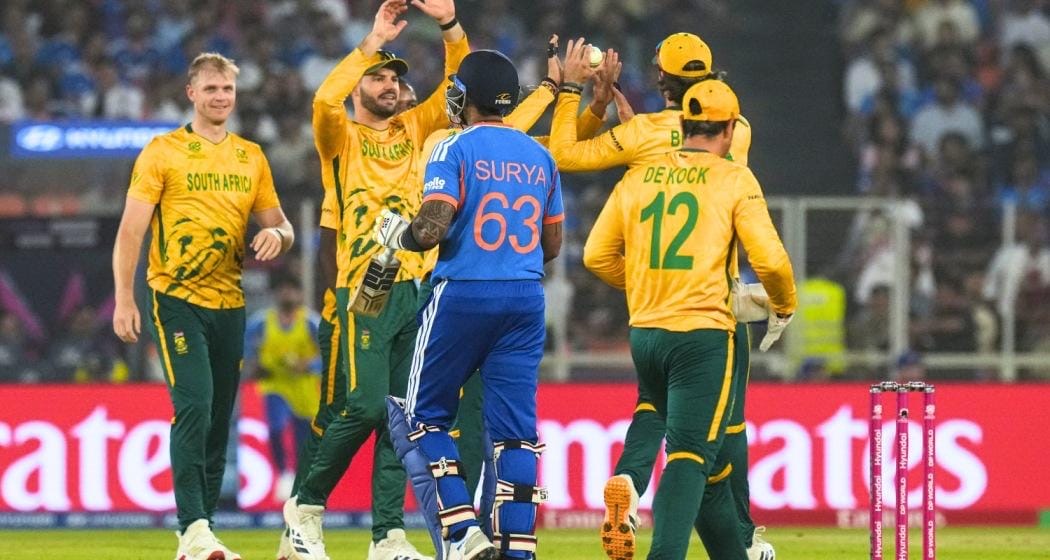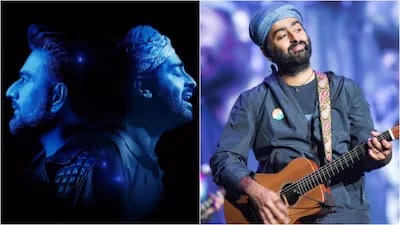Meet Kalpana unparalleled Malayalam actress – gave even legends a run for their money,
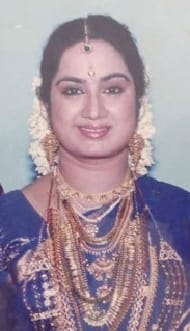 Kalpana, though immortal, yet remains the unparalleled Malayalam actress who gave even legends a run for their money. She was however, outshined by her sister, Urvashi fame.
Kalpana, though immortal, yet remains the unparalleled Malayalam actress who gave even legends a run for their money. She was however, outshined by her sister, Urvashi fame.
There wasn’t any fault of her own. It was her ‘Urvashi’ fame sister’s escalation to stardom which apparently impacted Kalpana’s prospects of emerging as a lead heroine.
But, then, she and the Malayalam film industry soon discovered that Kalpana was a natural pro at comedy.
Kalpana’s portrayal of “Queen” Mary in director Martin Prakkat’s “Charlie” shook up Kerala and imprinted her as one of her finest and final performances.
There was none to emerge like Kalpana,there still isn’t and will there ever be. Profoundly, she was snatched away by heart attack in January 2016, when she was just 51. Yet she proved her prowess multiple times over the years.
Any legendary director when asked about the greatest strength of Malayalam cinema they will likely mention, besides deep-rooted stories, its vast pool of outstanding actors who can excel in supporting and character roles. The industry has always had such talents who could easily eclipse the lead actors in any movie, no matter what their characters are. From Kottarakkara Sreedharan Nair, Adoor Bhavani, Philomina, Bahadoor and KPAC Lalitha to Thilakan, Nedumudi Venu, Sukumari, Oduvil Unnikrishnan, Bindu Panicker, Sai Kumar, Jagathy Sreekumar, Innocent and many others.
Even when lead performances falter or the overall movie is subpar, filmmakers and audiences can trust these thespians to deliver, making such movies at least worth watching.
Among such talents has been Kalpana one of the brightest stars. With an ability to handle any type of character with any life journey, while always meeting the makers’ expectations, Kalpana left an indelible mark in the industry.
Her absence is very much felt today; as her peers like Jagadish, Indrans and Bindu Panicker are finally getting refined roles, thus breaking free from the stereotypes they were stuck in.
Kalpana, born Kalpana Priyadarsini, belonged to a family of actors. While her parents, Chavara VP Nair and Vijayalakshmi, were theatre actors, her sisters, Kala Ranjini and Kavitha Manoranjini, also displayed similar talents.
Kalpana embarked on her fi career as a child artiste in Vidarunna Mottukal and appeared in a few more movies in small roles before landing her first significant opportunity.
It was in 1982, that Kalpana played a key role in ace filmmaker G Aravindan’s Pokkuveyil. Unlike the roles she later became acknowledged, her character Nisha, was more serious. Kalpana continued tackling such roles for some more time, aiming to slowly establish herself and eventually become a leading lady.
Meanwhile, her sisters had also ventured into show business. While Kala Ranjini received only side roles, as Kalpana did, Kavitha (who adopted the stage name Urvashi) shot to fame quickly. Even before gaining a foothold in Malayalam cinema, Urvashi landed two Tamil projects —Mundhanai Mudichu and Apoorva Sahodarigal — which propelled her to stardom instantaneously, helping her bag meatier roles in Malayalam.
In one sense, though through no fault of her own, Urvashi’s rise impacted Kalpana’s prospects of becoming a heroine, as filmmakers began queueing up behind Urvashi since she fit the conventional beauty standards. However, the characters Kalpana received in Panchavadi Palam and Ithu Nalla Thamasha demonstrated one thing: she was a natural pro at comedy. Even sans much effort, she was able to make people chuckle with her gestures and dialogue delivery. At the same time, Kalpana also proved that she could easily handle heavy, unhumorous characters too through Malayalam movies like Oru Sayahnathinte Swapnam and Tamil movies like Chinna Veedu and Thirumathi Oru Vegumathi. She also reprised her role from Chinna Veedu in the Kannada movie Chapala Chennigaraya, making her debut there too.
Kamal’s Peruvannapurathe Visheshangal was the first film to truly showcase her comedic talent. Regardless the movie featuring many actors known for their handling of comedic roles, Kalpana’s performance as the innocent and warm-hearted Mohini, desperately seeking love, stood out. Her portrayal proved that she didn’t need to go to great lengths to tickle people’s funny bones. Director Shaji Kailas’ Dr Pasupathy further solidified Kalpana’s status as a gem of an actor with unparalleled talents, particularly as a comedienne. Her performance as UDC Kumari was outstanding, especially given that Dr Pasupathy too included a stellar cast of comedic actors like Innocent, Jagathy, Kuthiravattam Pappu, Philomina, KPAC Lalitha, Nedumudi Venu, Paravoor Bharathan and Jagadish; and needless to say, she gave all of them a run for their money. With her impeccable comedic timing and spectacular dialogue delivery, amplified by her vivacious facial expressions, Kalpana aced the role of Kumari, a stunning government employee giving the men in her village sleepless nights with her beauty, fashion sense and the way she owns herself.
Kalpana not only immortalised UDC Kumari as one of the finest comedic characters in Malayalam but also set a benchmark on how to handle comedy subtly without overtly relying on exaggerated actions when not necessary.
Thus, Kalpana emerged an almost quintessential figure in Malayalam cinema and evolved as the go-to person for filmmakers whenever they required a female comedic talent with an ability to deliver nuanced performances in supporting roles, as finely as legends like KPAC Lalitha, Sukumari and Philomina. Her roles in Kouthuka Varthakal, Pookkalam Varavayi and Souhrudam further revealed her versatility, and her on-screen chemistry with Jagathy Sreekumar won hearts, gradually becoming a staple in Malayalam films.
Even when sharing the screen with legends, Kalpana left a mark in every scene with her immaculate talent, and director Sangeeth Sivan’s Gandharvam stands as a testament to this. In his prime, there weren’t many actors in Malayalam who could outshine Mohanlal, especially in comedy. However, the hilariously epic drama rehearsal scene in Gandharvam, featuring Mohanlal and Kalpana enacting a sequence from the play “Abhijnana Sakuntalam” as Dusyanta and Sakuntala, respectively, proved otherwise. Even though Mohanlal was in top form and no-holds-barred in this scene, Kalpana outperformed him by miles, thus turning it into one of the most memorable comedic moments in Malayalam cinema.
In 1995, when Tamil cinema legends Balu Mahendra, Kamal Haasan, Crazy Mohan and screenwriter Ananthu joined forces to create the comedy film Sathi Leelavathi, they did not have to search far to find the perfect person to portray the titular role. Kalpana excelled in portraying the emotionally rich character of Leelavathi, which provided her extensive opportunities to explore her acting abilities more deeply, pushing her artistic boundaries and venturing into new territories — a chance she rarely received in her home ground.
In Malayalam, although comedy was her forte, Kalpana made sure to take on a variety of roles to avoid being typecast further and to open up more opportunities. Films like Injakkadan Mathai & Sons, Kabooliwala, Kavadiyattam, Kalippattam, Uppukandam Brothers, CID Unnikrishnan B.A., B.Ed., Pidakkozhi Koovunna Noottandu, Poochakkaru Mani Kettum, Parvathy Parinayam, Avittam Thirunaal Aarogya Sriman, Aramana Veedum Anjoorekkarum, Mannadiar Penninu Chenkotta Checkan, Arjunan Pillayum Anchu Makkalum and Five Star Hospital further showcased her ability to handle comedy effortlessly and elevate the quality of the films, even when they were sinking.
In the comedy film Aalibabayum Aarara Kallanmarum (1998), Kalpana and Jagathy’s on-screen chemistry worked wonders, with both showcasing exceptional performances and nailing every humorous instance. Though Jagathy is often regarded as one of the finest comedians Malayalam cinema has ever seen, Kalpana outmatched him at many junctures while they complemented each other well in the rest, proving she belonged to the top league. In films like Aakasha Ganga, Ishtam and Kannaki, she took on unconventional roles she had never attempted before. At the same time, movies such as Mr Brahmachari, Vismayathumbathu and Athbhutha Dweepu capitalised on her ability to ace humour with gestures and dialogue delivery.
Director Rajeev Nath’s mystery drama Pakal Nakshatrangal (2008) was another film where she garnered attention with her outstanding performance in a serious, unconventional role. As Raji, a woman who becomes a sex worker to survive after her husband’s suicide, Kalpana proved she was underutilised and that the industry had not yet tapped into her full potential. She reinforced this with her striking portrayal of a layered, impoverished character struggling with life’s challenges in director Anwar Rasheed’s segment Bridge in the anthology film Kerala Cafe (2009).
Although she continued to get roles in the following years, none of them fully explored her talent. In 2012, Kalpana once again stunned audiences with her strong performance in director Babu Thiruvalla’s Thanichalla Njan as Razia Beevi, a self-sufficient and selfless panchayat member who becomes a guardian to an elderly Brahmin woman (KPAC Lalitha) amidst opposition from her community elders. Despite her home ground overlooking her performance, this role earned Kalpana her first National Film Award for Best Supporting Actress. In the same year, she delivered another remarkable performance in director Ranjith’s Spirit, playing a domestic worker who endures significant abuse from her alcoholic husband. Kalpana’s performance in Diphan’s The Dolphins also won hearts.
Her role in Anjali Menon’s directorial ‘Bangalore Days’ seemed perfectly tailored for Kalpana, allowing her to fully highlight her wide range of talents. Initially portrayed as a simple homemaker and mother of Kuttan (Nivin Pauly) living in a village, her character gradually reveals itself to be a controlling wife who blames her husband (Vijayaraghavan) for not allowing her to pursue a better life outside the village. When he leaves to seek a better life, she finally realises her dreams with Kuttan in Bangalore. There, she slowly embraces the modern lifestyle she always wanted. Despite the narrative’s looking down upon her just for being ambitious, Kalpana poured her heart into the role, capturing every nuance perfectly.
Her cameo in Ennum Eppozhum too was hilarious as she played a pompous politician who pretends to be compassionate but is actually feudal-minded and mistreats her workers. Her quick shifts between these personas in seconds highlighted her command over her performance.
Though brief, her performance as “Queen” Mary in director Martin Prakkat’s Charlie (2015) sent shockwaves across Kerala, as if the state had just discovered her immense talent. Her sharp and flawless portrayal of a woman who had been sexually exploited for years thus contracted HIV, and became terminally ill, deeply impacted viewers. Despite her limited screen time, her performance was hailed as one of the most powerful by a Malayalam actor in the last decade. Furthermore, it hit Malayalees harder as Mary marked one of her finest and final performances, as she passed away just a month after its release.
It’s been eight years since Kalpana bid adieu from mortality .
News Edit K.V.Raman


